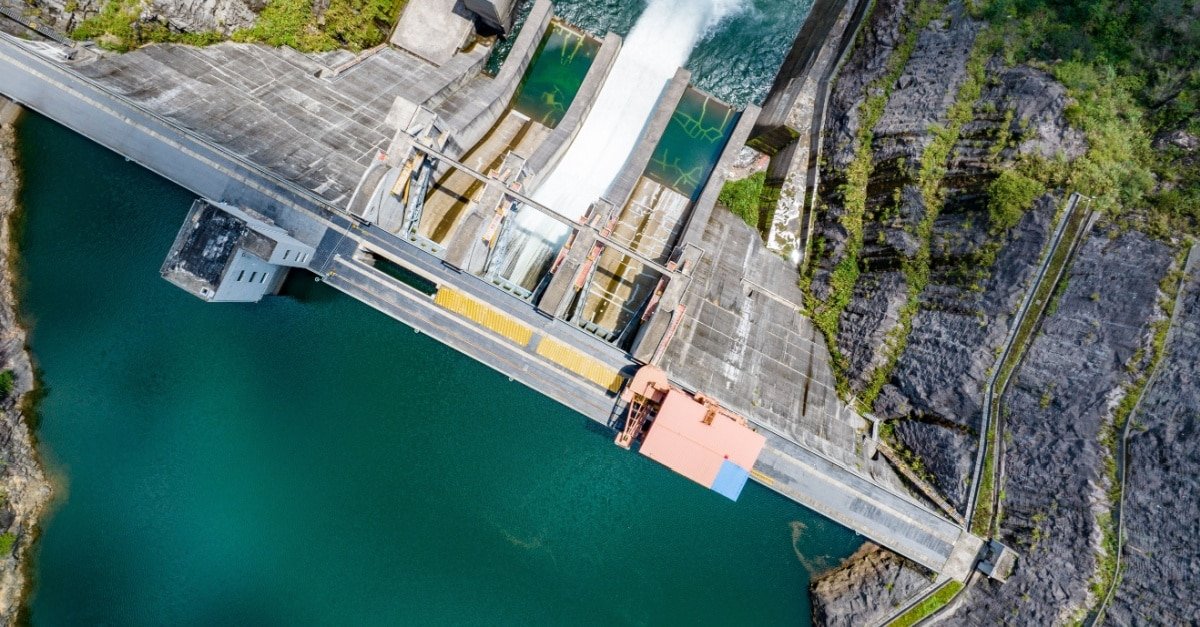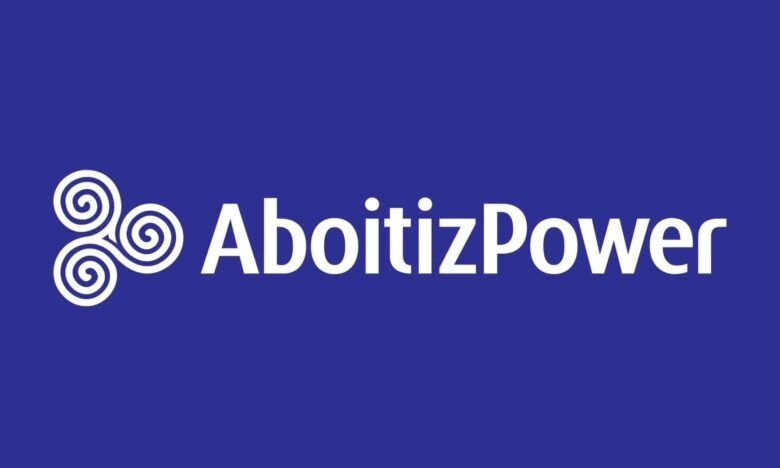
₱36.27b CBK Hydropower Deal — Sweet or Risky?
- July 17, 2025
In 2024, the government moved forward with plans to privatize the Caliraya-Botocan-Kalayaan (CBK) hydroelectric power facility in Laguna—a nearly 797-megawatt (MW) complex—with the expectation of raising up to ₱100 billion. The sale is seen as a critical measure to boost the financial standing of the Power Sector Assets and Liabilities Management Corp. (PSALM), which has long grappled with funding shortfalls.
Finance Secretary Ralph Recto, who chairs PSALM’s board, expressed optimism about the potential windfall. “We could probably generate anywhere from P50 billion to P100 billion,” he said. “That will help plug our deficit for next year [in 2025].
Industry observers have raised doubts about Recto’s valuation, pointing out it was made before the third Green Energy Auction (GEA-3) reshaped market expectations. The auction awarded 6,100 MW of new pumped-storage projects at rates higher than CBK’s ₱2.80/kWh, making the complex less competitive. Compounding this are several concerns: no fixed ERC-approved tariff yet for CBK, low spot market prices hovering at ₱3–₱4/kWh, increased competition from newly approved pumped-storage hydropower (PSH) projects, and the significant cost of rehabilitating the aging facility.
On July 4, 2025, PSALM recognized the Thunder Consortium (Aboitiz Group, J-POWER, Sumitomo Corp.) as having submitted the highest bid of ₱36.27 billion for the CBK hydroelectric power complex. However, the award has not yet been finalized, as the consortium must first undergo post-qualification to validate its submitted documents.
Backed by long-term contracts and modern technology, these new projects have weakened CBK’s market position. Whether the deal will pay off for the winning consortium remains uncertain.
(Also read: ERC Finalizes Price Caps for 4th Green Energy Auction)
From state asset to sale: the CBK story
The Caliraya-Botocan-Kalayaan (CBK) complex consists of three hydroelectric facilities in Laguna: Caliraya (39 MW), Botocan (23 MW), and the two Kalayaan pumped-storage plants, which together provide 734 MW, for a total combined capacity of 796.4 MW.
Managed by CBK Power Co. Ltd. and National Power Corp. (NPC). This agreement is set to expire in February 2026, after which ownership reverts to the government.
The government’s decision to privatize the Caliraya-Botocan-Kalayaan (CBK) hydroelectric complex was anchored in PSALM’s mandate under the Electric Power Industry Reform Act (EPIRA) to liquidate state-owned power assets and reduce the financial burden left by the National Power Corp. From 2023 to mid-2024, PSALM cut its obligations from ₱1.2 trillion to ₱277 billion, and the CBK sale was seen as a key step in further easing this debt load.
Beyond raising funds, the move was also aimed at improving operational efficiency. Backed by the Asian Development Bank (ADB), the privatization was expected to draw in private-sector capital and expertise, potentially enhancing CBK’s reliability and performance, especially given its role in stabilizing Luzon’s energy supply.
Valuation hurdles in the CBK hydropower privatization
While the government hoped to fetch a high price for the CBK complex, several factors influenced how the market ultimately values the asset.
-
Contract expiry raises revenue risks
One major red flag for investors was that the CBK complex would operate without any active Power Purchase Agreements (PPAs) or ancillary service contracts after its current concession expires.
These contracts are crucial because they guarantee stable, long-term income, either through committed electricity sales or payments for essential grid-support services. Such revenue security makes projects far easier to finance, as PPAs allow developers to cover debt and operating costs without relying on fluctuating market prices.
Operating without long-term agreements like PPAs pushes plant owners into relying on the spot electricity market, where Investopedia explains that prices are extremely volatile. This is because electricity can’t be economically stored; supply and demand must be matched instantaneously, leading to price swings.
An example that echoes this concern is the troubled sale of the Manila Thermal Power Plant (MTPP). PSALM held a third public bidding for the decommissioned MTPP in early February 2008. Two foreign groups submitted proposals, but neither met the required standards—JC Ethanol failed the technical evaluation, and Gagasan Steel’s bid fell short of the reserve price.
PSALM resumed negotiations with Gagasan Steel. The company agreed to purchase just the plant’s equipment and accessories (excluding land) for a total of $2.5 million, a considerable discount compared to what the government had hoped to raise.
-
Unclear regulations and delayed pricing
Pricing delays not only stalled the CBK privatization but also contributed to its lower sale value. The process was delayed after the Energy Regulatory Commission (ERC) postponed the issuance of the Price Determination Methodology (PDM) for GEA‑3.
Former Department of Energy (DOE) Secretary Raphael Lotilla explained that this delay, triggered by the suspension of ERC Chairman Monalisa Dimalanta, prevented the necessary pricing framework from being finalized on time.
In October 2024, Senator Pia Cayetano urged the ERC to expedite the release of the pricing mechanism, noting that investors were anticipating it. “That is one of the priorities I think we need to do,” she said. While acknowledging the ERC’s internal processes, she emphasized the need for timely regulatory action to prevent further setbacks.
The DOE initially targeted an April 2024 release for the pricing, but delays pushed it back by months. In the end, the agency finalized the PDM in late December 2024. As a result, the Green Energy Auction was officially pushed to January 2025.
Another key valuation uncertainty is how the CBK complex would be classified—whether as a “load” (which uses electricity) or a “generator”—since this designation directly affects transmission fees. If treated as a load, the plant would face substantial grid charges, reducing its net value.
-
Rising competition from new pumped storage projects
GEA‑3 included a significant push for new pumped-storage hydro (PSH) capacity, launching a tender for 4,250 MW across Luzon and Visayas. However, the DOE received offers totaling 6,950 MW of pumped‑storage hydro submitted by 14 separate projects during the auction in February 2025, far exceeding the DOE’s target.
With newer PSH projects backed by long-term contracts and modern technology, the Aboitiz-led consortium will face tight competition ahead.
China Bank Capital Corp. Managing Director Juan Paolo Colet also noted, “The challenge is to upgrade and optimize CBK, given that it’s an old facility that will face competition from newer plants.”
-
Aged infrastructure sold “as‑is”
PSALM confirmed the plant was marketed without upgrades or refurbishment, leaving future buyers responsible for any modernization or repair costs.
Additionally, DOE Undersecretary Rowena Guevara explained that CBK’s lower valuation is partly due to its age, noting that it’s older than the hydropower facilities awarded under GEA-3. “[The price] won’t be expensive, but CBK is old, so its price will be affected,” she stated.
The CBK hydropower complex includes some of the oldest operational energy infrastructure in the Philippines, with the Botocan plant dating back to 1930 and the Caliraya facility first commissioned in 1942. They make up what is considered the country’s oldest hydropower complex.
Given the age of the equipment and the lack of prior refurbishment commitments, potential buyers were expected to factor in these risks, likely contributing to the lower sale price.
-
Mismatch between market value and government expectations
While the Department of Finance (DOF) set an ambitious target of raising at least ₱50 billion from the CBK privatization, experts warned that the actual sale price will heavily depend on market appetite.
Last May, Finance Undersecretary Catherine Fong said that CBK’s pricing fell within a range of $200 million to $600 million—equivalent to approximately ₱11.14 billion to ₱33.43 billion—based on estimates by the ADB, which served as PSALM’s transaction advisor.
Market analyst Toby Allan C. Arce of Globalinks Securities also noted that hitting the top of the valuation range would be plausible only if the plant demonstrates strong financial returns.
“The $200 million to $600 million range appears reasonable if the plant offers solid financial performance, a favorable market outlook, and strategic value to potential buyers,” he explained. “However, these factors must align to achieve a price at the higher end of the estimate.”
(Also read: Offshore Wind Challenges: Key Lessons for PH Energy Regulators)
Bottom Line
Given the current market conditions—such as aging infrastructure, rehabilitation uncertainties, and growing competition in the energy sector—the Thunder Consortium was able to acquire the CBK hydroelectric complex at what many consider a competitive price.
Thunder Consortium’s winning bid of ₱36.27 billion not only surpassed PSALM’s minimum asking price of ₱32.6 billion but also significantly outpaced the ₱19.62 billion offer made by the FWKG Consortium, which First Gen led.
John Paolo R. Rivera, senior research fellow at the Philippine Institute for Development Studies, noted that proceeds from the sale could help ease the National Government’s rising budget deficit, which reached ₱478.8 billion in the first quarter of 2025. This marks a 75.6% increase compared to the same period in 2024.
Sources:
https://www.philstar.com/business/2024/03/25/2342979/psalm-expects-p100-billion-cbk-privatization
https://energy.sustainability-directory.com/question/why-are-ppas-important-for-renewables
https://www.investopedia.com/articles/investing/042115/understanding-world-electricity-trading.asp
https://www.psalm.gov.ph/viewnews/viewn/20080024
https://dailyguardian.com.ph/doe-postpones-third-green-energy-auction-to-2025
https://insiderph.com/insider-view-cbk-power-plant-a-gem-for-sale
https://www.pna.gov.ph/articles/1243893
https://mb.com.ph/9/1/2025/cbk-privatization-stalled-by-pricing-delays
https://www.bworldonline.com/opinion/2025/07/08/683682/on-hydropower-and-cbks-privatization



